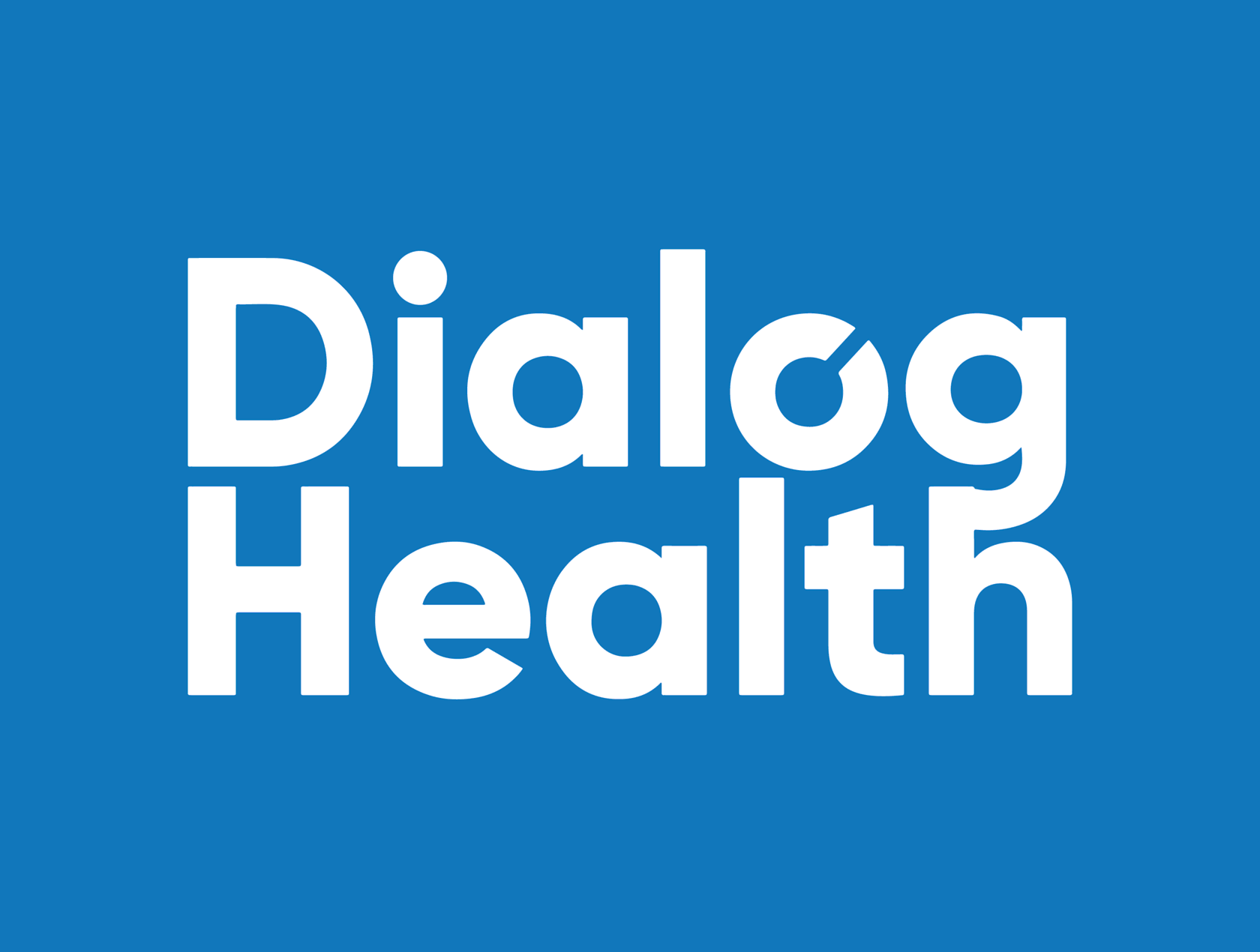- The Netherlands (Amsterdam, Utrecht, Zaandam, Zwolle, Weesp)
- Aged Care
- 12 delegates
- November 2022
From 29 November to 2 December 2022, Dialog Health organised a programme of visits focusing on care for the elderly in the Netherlands (Amsterdam, Utrecht, Zaandam, Zwolle, Weesp). This study mission brought together various French-speaking actors specialised in care for the elderly, who were able to discover the Dutch medico-social system.
During the three days of technical visits, the Dutch representatives presented the functioning of their organisations, addressing the challenge of the ageing of their population, trying to convey the reasons for their success.
On the first day, the delegates went to Utrecht to meet the Director of vilans.nl, the national knowledge organisation for care and support. This visit served as an introduction to the training, presenting the specificities of the Dutch social care system.
On an organisational level, the delegates were introduced to innovative structures, such as Buurtzorg, an agency based on the principles of the liberated enterprise. The first teams were set up in 2007 in Amsterdam, based on the model of neighbourhood care, which provided local services at the local level. Buurtzorg operates with independent teams of nurses who work autonomously, supported by a high-performance computerised system.
On Wednesday afternoon, the delegates went to Zwolle to visit a structure belonging to the organisation Zorgspectrum Het Zand. The organisation is in constant research and fully committed to the deployment of technology:
⁃ In the field of well-being: social robots, virtual cycling environments, interactive game elements,
⁃ In the field of care: smart incontinence equipment, remote viewing with smart glasses.
On the theme of longevity and quality of life, the Netherlands has a very clear lead in innovations focused on senior residents, with a large number of volunteers in their facilities and on the concept of green innovation.
Therefore, the delegation went to Zaandam, a suburb of Amsterdam, to meet Rutger De Graaf, the Innovation Director of Pennemes. The morning of Thursday 1st December was devoted to a visit to this care home for the elderly that promotes green innovations in order to preserve the autonomy and health of its residents.
On Thursday afternoon, the delegates particularly enjoyed a visit to the Alzheimer Village in Hogeweyk. This village is a "city within a city", consisting of 23 houses, housing 152 elderly people with advanced Alzheimer's disease and dementia. These people live in houses that are customised to their history and lifestyle. Hogeweyk offers six different lifestyles: friendly, Christian, artisan, Indonesian, cultural and goois (high income). The residents manage their daily lives with a constant team of professionals. Cleaning, feeding and other household activities take place daily in each home. Daily shopping is done at the market in Hogeweyk. Topics such as its architectural design, care policies and shared governance were discussed, revealing the secret of this world-renowned institution's success and its primary goal: to make life normal for people with severe dementia.
The study tour was an excellent opportunity for participants to observe the development and implementation of new Dutch trends in health care and support for the elderly population.
On the first day, the delegates went to Utrecht to meet the Director of vilans.nl, the national knowledge organisation for care and support. This visit served as an introduction to the training, presenting the specificities of the Dutch social care system.
On an organisational level, the delegates were introduced to innovative structures, such as Buurtzorg, an agency based on the principles of the liberated enterprise. The first teams were set up in 2007 in Amsterdam, based on the model of neighbourhood care, which provided local services at the local level. Buurtzorg operates with independent teams of nurses who work autonomously, supported by a high-performance computerised system.
On Wednesday afternoon, the delegates went to Zwolle to visit a structure belonging to the organisation Zorgspectrum Het Zand. The organisation is in constant research and fully committed to the deployment of technology:
⁃ In the field of well-being: social robots, virtual cycling environments, interactive game elements,
⁃ In the field of care: smart incontinence equipment, remote viewing with smart glasses.
On the theme of longevity and quality of life, the Netherlands has a very clear lead in innovations focused on senior residents, with a large number of volunteers in their facilities and on the concept of green innovation.
Therefore, the delegation went to Zaandam, a suburb of Amsterdam, to meet Rutger De Graaf, the Innovation Director of Pennemes. The morning of Thursday 1st December was devoted to a visit to this care home for the elderly that promotes green innovations in order to preserve the autonomy and health of its residents.
On Thursday afternoon, the delegates particularly enjoyed a visit to the Alzheimer Village in Hogeweyk. This village is a "city within a city", consisting of 23 houses, housing 152 elderly people with advanced Alzheimer's disease and dementia. These people live in houses that are customised to their history and lifestyle. Hogeweyk offers six different lifestyles: friendly, Christian, artisan, Indonesian, cultural and goois (high income). The residents manage their daily lives with a constant team of professionals. Cleaning, feeding and other household activities take place daily in each home. Daily shopping is done at the market in Hogeweyk. Topics such as its architectural design, care policies and shared governance were discussed, revealing the secret of this world-renowned institution's success and its primary goal: to make life normal for people with severe dementia.
The study tour was an excellent opportunity for participants to observe the development and implementation of new Dutch trends in health care and support for the elderly population.
Subscribe to our newsletter
Once a month you will learn about our latest tours.
By clicking the button you agree to our Privacy Policy
Photos
Previous study missions


